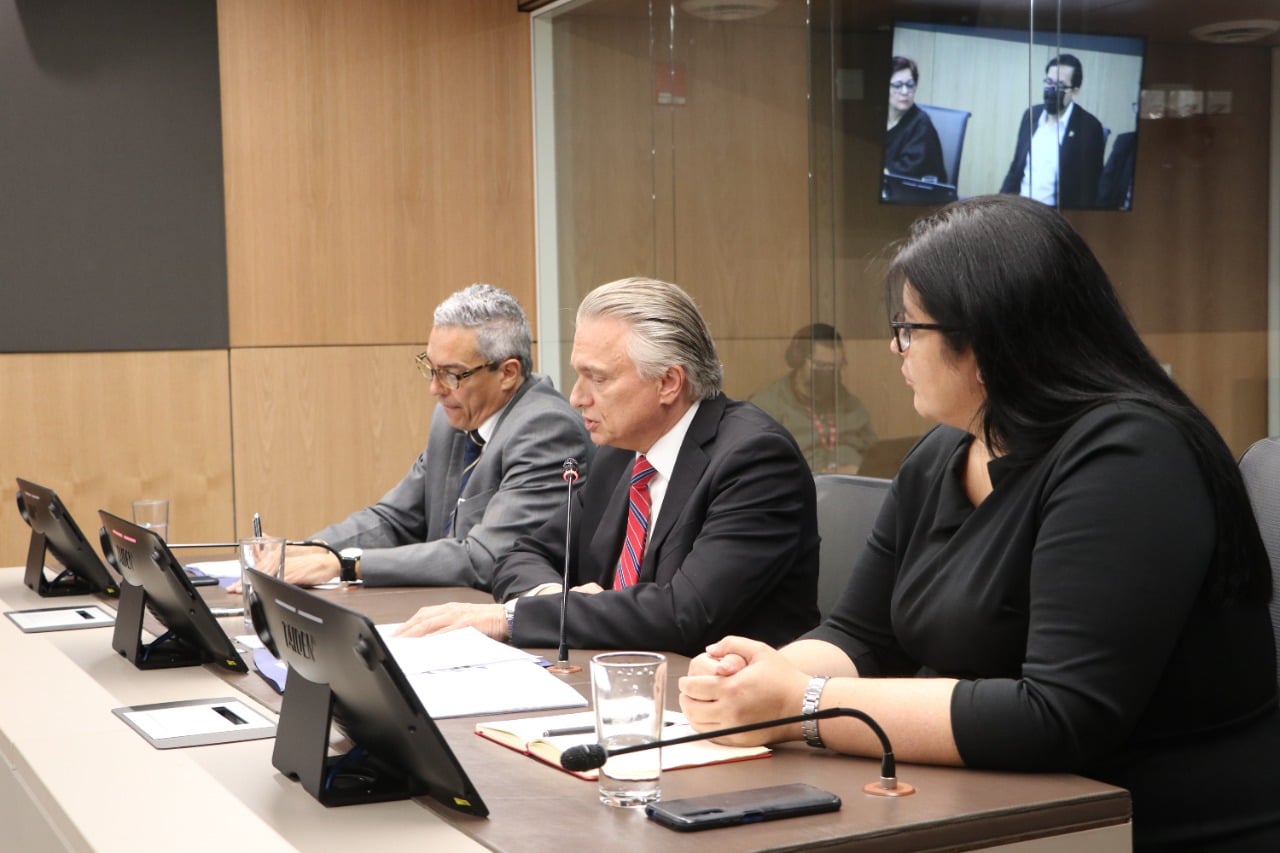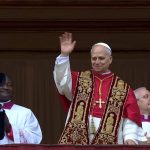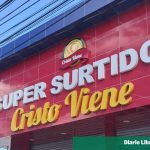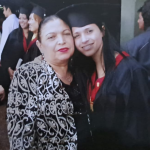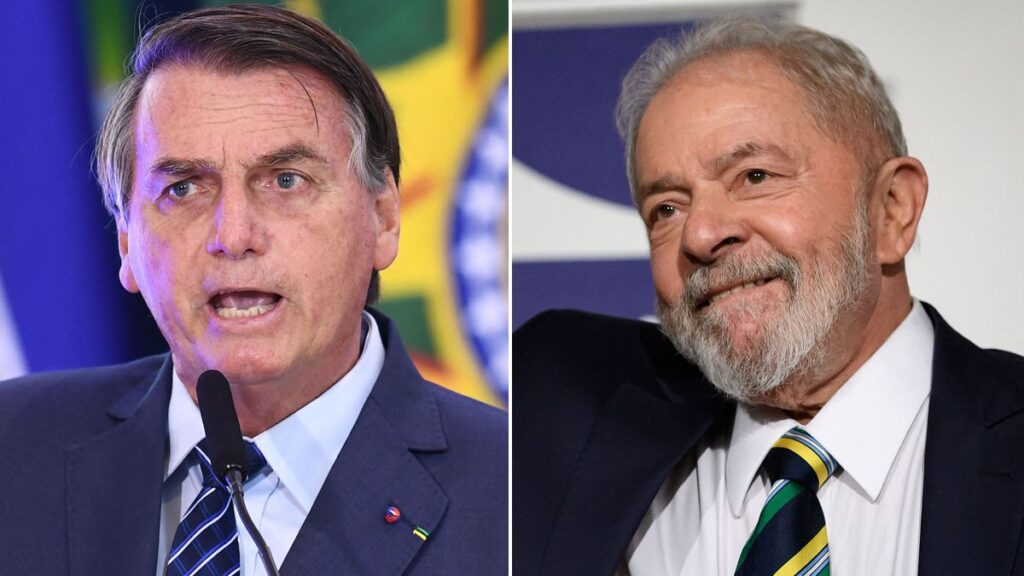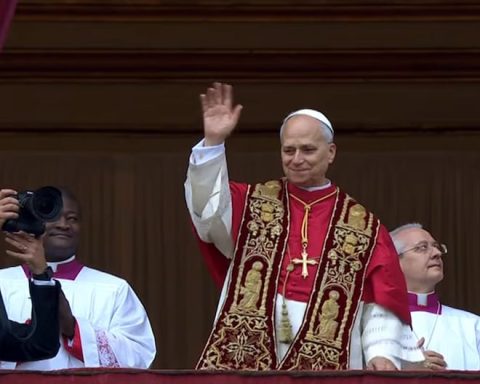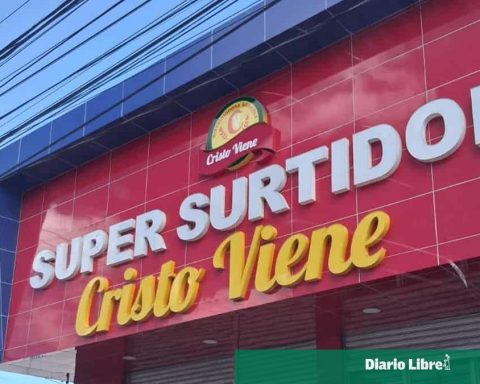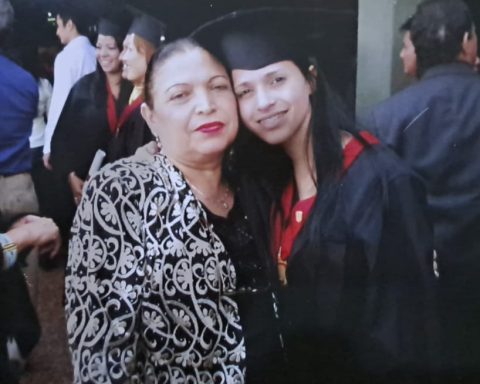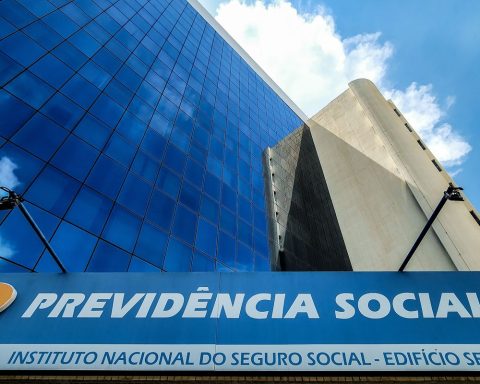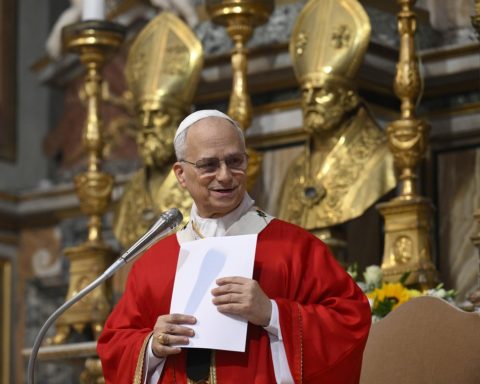Costa Rica will not send an ambassador to Nicaragua and will only keep one “charge d’affaires” at its embassy in Managua, as reported by the foreign minister of that country, Arnoldo André Tinoco, who appeared this June 15 before the International Relations and Foreign Trade Commission of the Costa Rican Legislative Assembly.
André Tinoco explained the foreign policy of the State that the Administration of President Rodrigo Chaves, who took office on May 8 and had considered sending an ambassador to Nicaragua, will execute, but later said that I would reconsider it, after the confiscation of OAS assets by the Daniel Ortega regime.
During the meeting with the deputies, the Foreign Minister answered a series of questions, most of them related to positions on Nicaragua and Venezuela.
Following the pattern of the previous Administration, André Tinoco explained that Costa Rican policy regarding the relationship with Nicaragua will be “pragmatics”, on the one hand; but without ceasing to defend democracy and human rights.
He stressed that the trade and transit of merchandise on the border with Nicaragua is important for the Costa Rican economy and that there is a relationship, at a technical level, “fluid and respectful” in health, security and migration.
Costa Rica Demands Release of Political Prisoners
The Costa Rican foreign minister said that they will closely follow the situation in Nicaragua. “If necessary, we will continue to speak out, at the regional level, for the defense of democracy and human rights, respect for freedom of expression, and reiterating our call for the prompt release of political prisoners.”he expressed.
Last week, during the IX Summit of the Americas in Los Angeles, California, President Chaves commented that he wishes to speak with Nicaraguan President Daniel Ortega about the political prisoners in Nicaragua. “That is something that Costa Ricans, due to historical tradition and natural inclination, causes us severe concern and sadness,” Chaves responded to a query from the press.
André Tinoco assured that, until now, he has not met with the regime’s foreign minister, Denis Moncada, although he has met with the Nicaraguan ambassador in San José, Duilio Hernández. “Costa Rica did not recognize the November electoral process in Nicaragua. It does recognize the accredited ambassador, since he was accredited before the elections. The relationship has been strained”admitted the chancellor.
The deputies consulted on what type of actions Costa Rica will take in the face of the news of the entry of Russian troops into Nicaragua, according to a decree by President Ortega ratified this week by the National Assembly. André Tinoco shared that he has invited the Russian ambassador in Costa Rica to the Foreign Ministry this week, so that he can explain the intentions of the Russian Army on Nicaraguan soil.
Although it is a routine procedure that is carried out twice a year and that authorizes the arrival of troops and military equipment from Russia, but also from other countries, the announcement has caused concern on the part of the United States and Costa Rica, amid Russia’s invasion of Ukraine and Russia’s animosity against the US.
International support for refugees is “insufficient”
Another issue during the meeting between the deputies and the foreign minister was immigration. The Foreign Minister assured that it is a matter of “highest priority” and that they have defined strategies to seek more international financial support to attend to those who seek refuge in Costa Rica.
André Tinoco assured that there are 130,000 refugee applications to date (the majority are from Nicaraguans fleeing the socio-political crisis that broke out in 2018 in their country of origin) and that there is also a flow of some 160,000 people who enter through Panama, they cross the country and leave through Nicaragua heading towards the north of the continent.
“The support of UNHCR (the United Nations Refugee Agency) and the IOM (International Organization for Migration) does not reach”, stressed the official.
“They will have contributed some eleven million dollars in recent years, but if you take in a foreign person who you have to support in the first year, you calculate the charges from the Social Security Fund, the charges for the eventual education of some of the children of the families… can arrive perfectly to estimate that they have a cost of 2,000 or 2,500 dollars per year, if you multiply them by 100,000 (people) it would be 200 million dollars”exemplified.
In the Los Angeles declaration, supported the previous week by the countries that participated in the Summit of the Americas, Costa Rica undertook to renew a special complementary temporary protection regime to regularize migrants from Venezuela, Nicaragua and Cuba who have arrived before March 2020.
Regarding this commitment, André Tinoco reiterated that he is subject to receiving free financial support. “Nor does it seem fair that Costa Rica has to borrow internationally and pay interest to solve a problem that does not originate here.”he highlighted.
The foreign minister announced that with the IOM and UNHCR they are working on a plan to establish regional agencies in the northern border area of Costa Rica to serve migrants. “The idea is to develop projects that can absorb and employ that population right there, without the need for them to move to the central plateau.”he explained.
